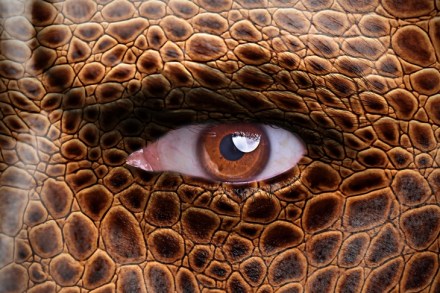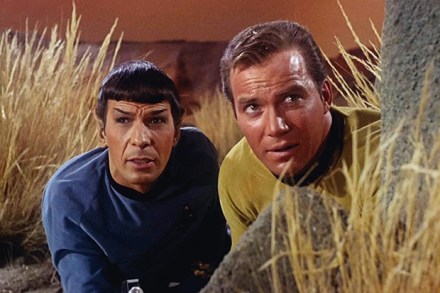Low life | 27 April 2017
I went to a barbecue. Everyone was patient and well disposed towards the silent, depressed, two-toed sloth in their midst. The eye contact told me that I was included in the conversation but it was also understood that I need not contribute. They comprehended and they sympathised. If I didn’t want to, there was no need to go into it or explain. Or indeed to say anything. I sat a little apart from the nest of outdoor furniture and the circle of conviviality revolving around it, puffing on my new vaping contraption, emitting long plumes and billows of white, ‘fresh mint’-flavoured steam. Present were five adults and a child. The



















